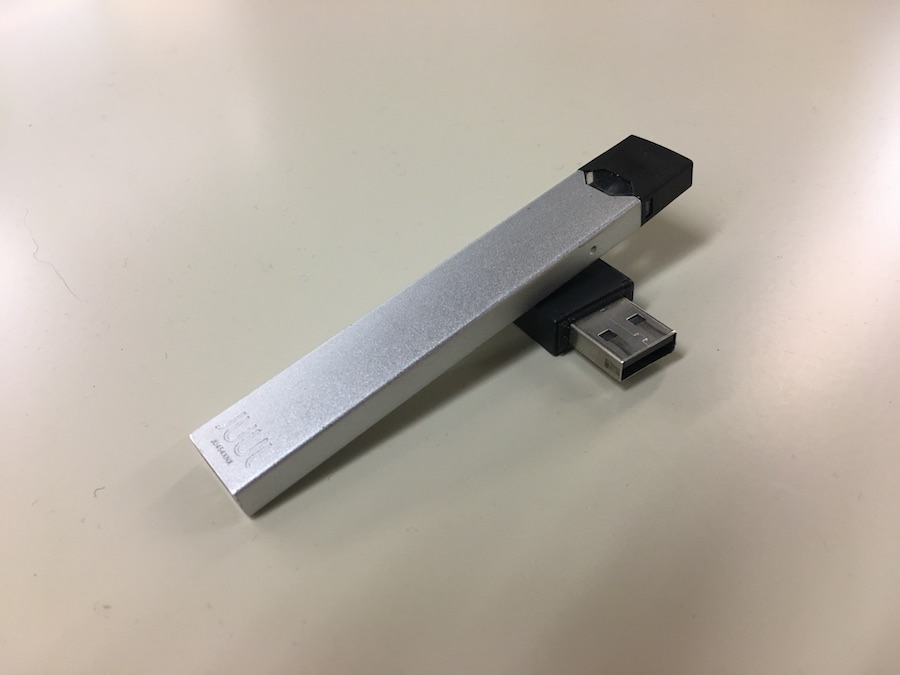On October 21, Juul Labs published its administrative appeal of the marketing denial order (MDO) issued by the Food and Drug Administration at the end of June 2022. The move, and Juul’s decision to make it public, reflects the company’s apparent offensive pivot from its longstanding defensive strategy. It calls into question the decision made by the FDA’s Center for Tobacco Products (CTP)—which Juul maintains came from an incorrect and incomplete assessment of its data, leading to an insufficient review of its premarket tobacco product applications (PMTAs).
Days after receiving the MDO, Juul obtained a temporary court stay, and has been able to sell its products “pending additional review” from the agency. The FDA granted the company an administrative stay but did not rescind the initial MDO.
The company—long the leading target of anti-vaping advocates after allegations that its early marketing stoked a so-called youth vaping “epidemic”—has now called the MDO “substantively and procedurally flawed.”
“Juul is just the latest in a long line of companies to be forced into the realization that FDA CTP is not operating as a fair and impartial agency.”
Juul listed four “deficiencies” cited in the FDA’s MDO. It noted that the agency had “identified certain leachable constituents of potential toxicological concern in simulated e-liquid studies but did not evaluate mainstream aerosol yields of those constituents to determine whether and at what levels users could be exposed”; had not provided, in two cases, “reliable and valid data to assess the genotoxic potential of JUUL products and as compared to combustible cigarettes and other vapor products”; and had provided data purportedly showing Juul’s menthol 5 percent pod was “potentially mutagenic.”
The company posted its response to each deficiency: For the first, it claimed that the FDA “overlooked critical and dispositive data”; for the second and third, that the agency had carried out “an incomplete and inadequate assessment”; and for the fourth, that agency scientists had deviated—arbitrarily—from the study protocol, using “the wrong control data and [applying] the testing criteria incorrectly in reaching its conclusion.”
The FDA did not respond to Filter’s request for comment by publication time.
“For as long as vaping has been popular, there have been companies believing that so long as they hire the best scientists and play nice with regulators, fortune will inevitably follow,” Greg Conley, the director of legislative and external affairs for American Vapor Manufacturers (AVM), told Filter. “Juul is just the latest in a long line of companies to be forced into the realization that FDA CTP is not operating as a fair and impartial agency.”
“Despite their money, science, and hiring of past CTP personnel, Juul’s applications were treated with about as much care and respect as small businesses were,” he continued. “Even with these embarrassing setbacks, the ideology and political pressure driving CTP are not going to recede. If Juul and other companies survive, it will only be because of pressures brought on by litigation and investigations by lawmakers and the press.”
“The agency was clearly looking for the slightest pretext to deny Juul’s application.”
Like other vapor manufacturers, Juul had to file a PMTA by a court-ordered September 2020 deadline, proving its products were “appropriate for the protection of public health” (APPH). To meet that threshold, producers had to show that their e-cigarettes would be more likely to help adults switch to the safer alternative rather than introduce a new generation to nicotine. Juul submitted PMTAs for its Virginia tobacco pods, menthol pods, device and locked device (probably similar to the Juul2, which is available in the United Kingdom and features age-verification software).
“The Juul appeal is a devastating critique of FDA reasoning and conduct,” Clive Bates, the former director of Action on Smoking and Health (UK), told Filter. “The agency was clearly looking for the slightest pretext to deny Juul’s application and then avoided all the normal ways to address concerns or resolve doubts it used with other applicants. If FDA was a neutral technocratic regulator acting fairly in the public interest, it would immediately accept Juul’s case and restart the review, complete it quickly, and grant its application. It should now be putting right the damage it has done and the risks it has created for Juul’s 2 to 3 million users.”
In publicizing the administrative appeal, Juul also alleged that the FDA had evaluated its PMTAs under a “different standard,” pointing out that other vaping or heated tobacco products (HTPs), like IQOS, had received authorization despite some toxicological concerns. Juul stated, too, that the FDA had directly engaged with the manufacturer far fewer times than it had with others, and that the denial arrived amid incessant political pressure—including calls from at least one congressman that ordered the FDA commissioner, Robert Califf, to either deny Juul’s vaping products or ‘step aside.’”
Juul, which recently sued the FDA over a Freedom of Information Act (FOIA) request, has been seeking additional documents that would provide more information on the agency’s original MDO—and, consequently, force more transparency on a federal agency that offers little.
The FDA “isn’t a neutral fair-dealing regulator,” Bates said. “It has been acting politically in response to well-funded campaigns and falsely contrived moral panic about youth vaping. The American public deserves better, and [FDA director] Robert Califf ought to resign.”
Photograph by Filter
The Influence Foundation, which operates Filter, has received grants from Juul Labs, Inc. and from Phillip Morris International, the manufacturer of IQOS. Filter’s Editorial Independence Policy applies.





Show Comments